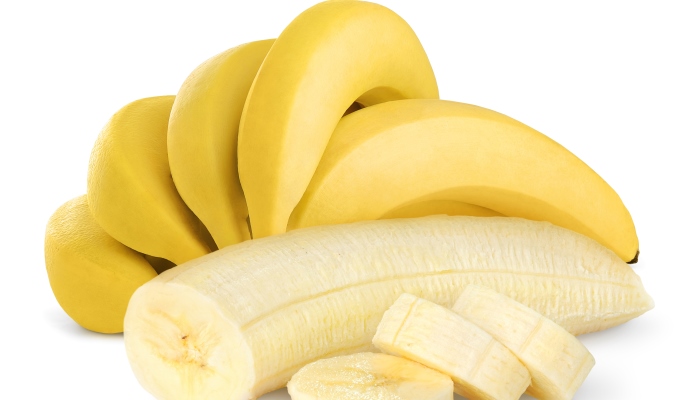
Potassium is essential for the proper functioning of the heart, kidneys, muscles, nerves, and digestive system. Usually the food you
eat supplies all of the potassium you need.
However, certain diseases (e.g., kidney disease and gastrointestinal disease with vomiting and diarrhea) and drugs, especially diuretics ('water pills'), remove potassium from the body. Potassium supplements are taken to replace potassium losses and prevent potassium deficiency. This medication is sometimes prescribed for other uses; ask your doctor or pharmacist for more information.
Potassium comes in oral liquid, powder, granules, effervescent tablets, regular tablets, extended-release (long-acting) tablets, and extended-release capsules. It usually is taken two to four times a day, with or immediately after meals. Follow the directions on your prescription label carefully, and ask your doctor or pharmacist to explain any part you do not understand. Take potassium exactly as directed. Do not take more or less of it or take it more often than prescribed by your doctor.
Take all forms of potassium with a full glass of water or fruit juice.
Add the liquid to water. Dissolve the powder, granules, or effervescent tablets in cold water or fruit juice according to the manufacturer's directions or the directions on your prescription label; mix the drug well just before you take it. Cold liquids help mask the unpleasant taste.
Swallow extended-release tablets and capsules whole. Do not chew them or dissolve them in your mouth.
Conditions
- High blood pressure
- Muscle cramps
Recommendations
- Get it from your diet—supplements can build up in the body and damage the heart.
- Natural sources: Almonds, bananas, spinach
Interactions & Side Effects
- None from food. Potassium may cause side effects. Tell your doctor if any of these symptoms are severe or do not go away: upset, stomach, vomiting, diarrhea.
![]()
Disclaimer: This website is for information purposes only. By providing the information contained herein we are not diagnosing, treating, curing, mitigating, or preventing any type of disease or medical condition. Before beginning any type of natural, integrative or conventional treatment regime, it is advisible to seek the advice of a licensed healthcare professional.



























